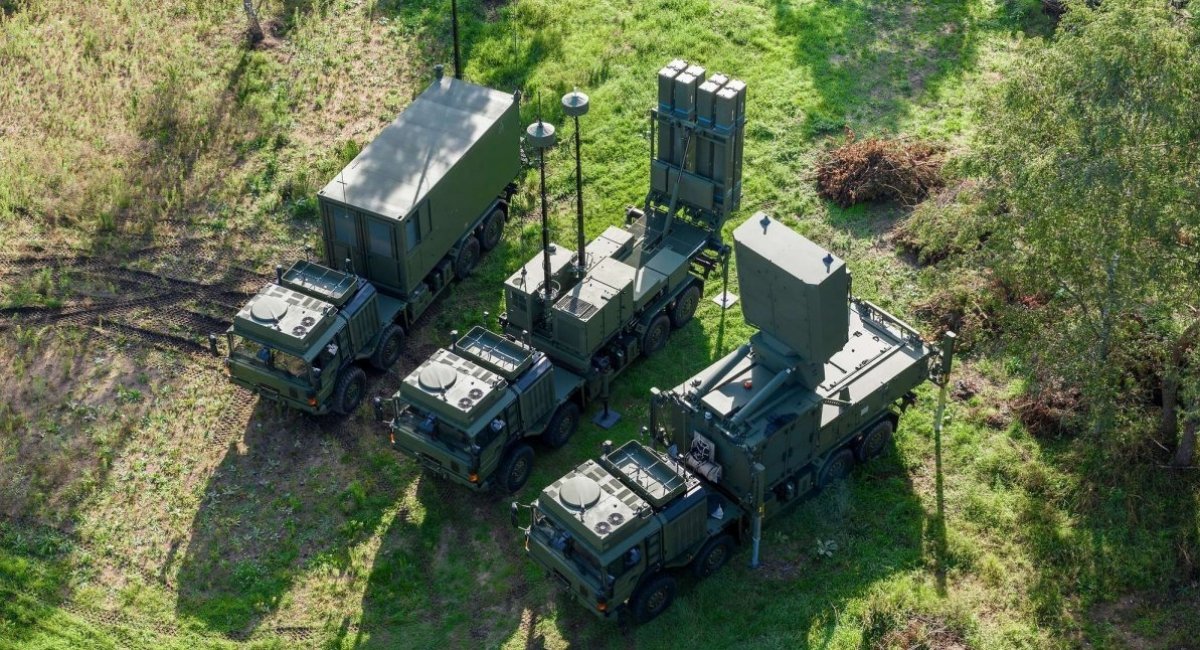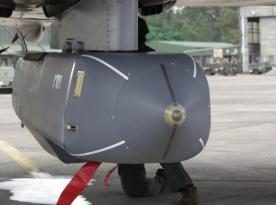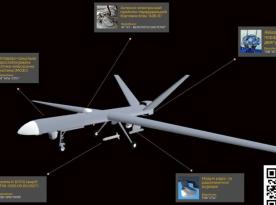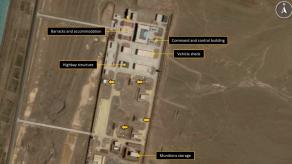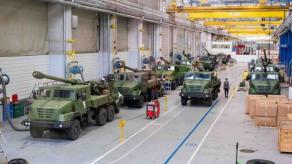Estonia has played a key role in speeding up the delivery of advanced air defense systems to Ukraine, temporarily giving up one of its own ordered IRIS-T SLM units in favor of Kyiv's urgent needs. The move reflects growing international cooperation to strengthen Ukraine's defenses amid ongoing russian missile and drone strikes.
Estonian Defense Minister Hanno Pevkur confirmed the decision in an interview with Bild, explaining that Tallinn authorized the redirection of one system originally destined for Estonia. As a result, the country's own delivery will be postponed by several months, now expected in early 2026. According to Hanno Pevkur, the decision was made in close coordination with Germany and represents a vital step toward reinforcing Ukraine's air defense network, which increasingly relies on Western-made systems.
Read more: UK Sends New Batch of Storm Shadow Cruise Missiles to Ukraine for Strikes Inside russia
German Aid to Ukraine noted that information about this particular transfer had surfaced earlier and that Ukraine currently operates up to eight IRIS-T SLM systems in total. This suggests that Estonia's redirected system is not an additional ninth battery but rather part of the ongoing delivery schedule. Nonetheless, the move stands as a notable example of multinational cooperation in defense assistance.
Such coordination allows Ukraine to receive critical systems much faster than through standard procurement cycles. Defense industry production timelines for high-demand systems like the IRIS-T SLM can stretch over months or even years, and redirecting units from existing orders effectively bridges that gap. The approach mirrors how Ukraine received its first IRIS-T SLM batteries, also originally produced for another client, reportedly Egypt.
There is also a possibility that Germany requested Estonia's flexibility to meet its own military aid commitments to Ukraine. By late August, Berlin had reportedly delivered only about half of the four promised IRIS-T SLM systems, prompting the need for alternative logistical solutions. Estonia, together with Latvia, placed its order for the systems in 2023, with deliveries initially scheduled to begin between 2025 and 2026.
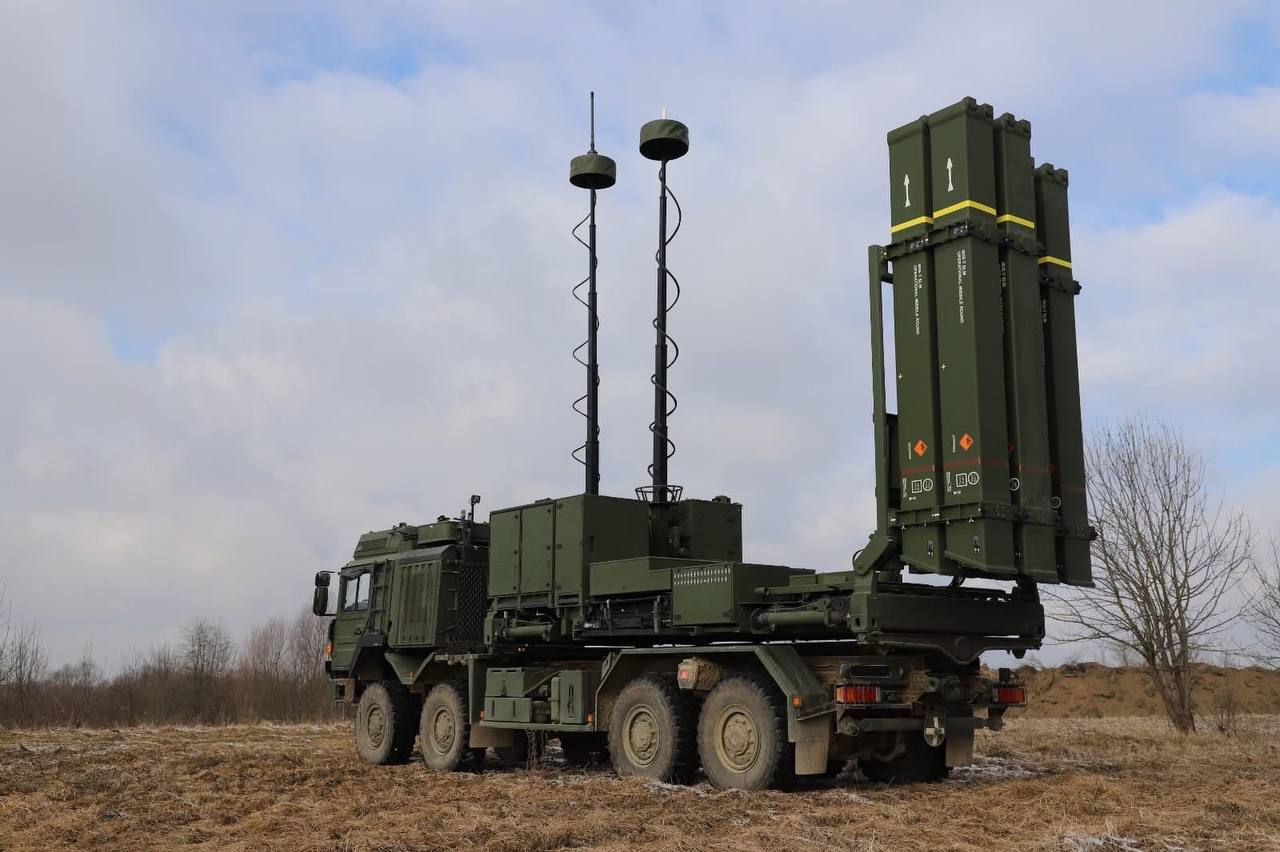
Germany, Sweden, Denmark, and Slovenia are also awaiting their own IRIS-T SLM units, and none of these countries have so far announced plans to redirect deliveries to Ukraine. However, the success of the Estonian initiative may set a precedent for other NATO and EU members to adopt similar measures, especially as production capacity continues to scale up.
While the exact number of systems that could be reallocated remains unclear, the Estonian case demonstrates both the adaptability and solidarity of Ukraine's partners. As Ukraine faces another winter under the threat of intensified russian aerial attacks, every accelerated delivery of modern air defense equipment strengthens not only its skies, but also the broader European security architecture.
Read more: Europe Adapts Military Logistics to the Drone Era, Showcasing Its First Unmanned Convoy System




